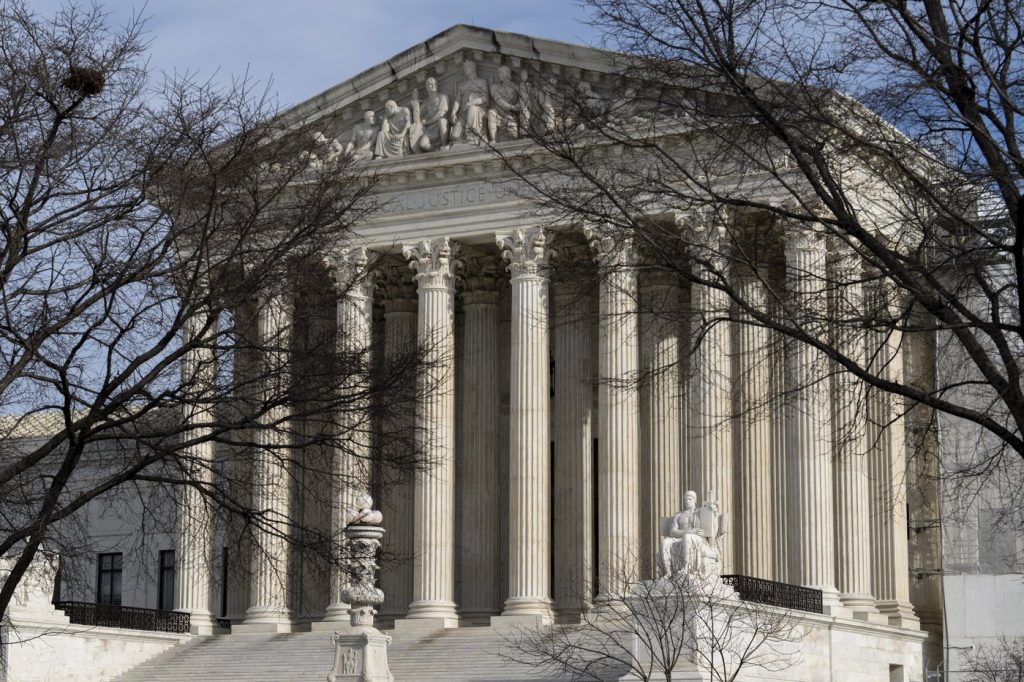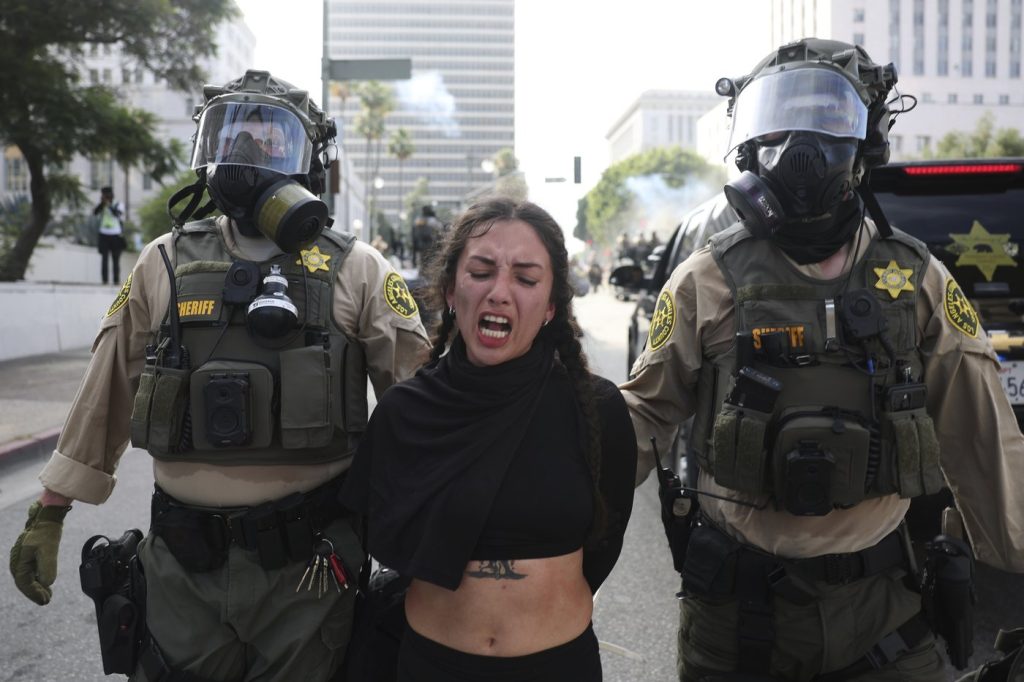The Supreme Court has agreed to hear the appeal of Damon Landor, a former inmate from Louisiana whose dreadlocks were cut off by prison guards in a case that raises significant questions about religious freedom within the prison system. Landor, who adheres to the Rastafari religion, claims that his religious beliefs were violated when guards forcibly shaved his head after he had refrained from cutting his hair for nearly two decades.
The issue became pronounced when Landor was transferred to the Raymond Laborde Correctional Center in Cottonport, Louisiana, for the final three weeks of his five-month sentence in 2020. While previous facilities respected his religious practices, his treatment changed at the correctional center, where a guard disposed of a court ruling Landor had kept, which supported his right to maintain his dreadlocks as part of his religious identity. Following this incident, the warden ordered guards to cut Landor's hair, and while he was restrained, one guard shaved his head to the scalp.
Upon his release, Landor filed a lawsuit against the prison officials, yet lower courts dismissed the case. The 5th U.S. Circuit Court of Appeals acknowledged the improper treatment he received but ruled that the law did not permit him to sue the prison officials for damages under the federal law designed to protect the religious rights of prisoners, known as the Religious Land Use and Institutionalized Persons Act.
This Supreme Court review will consider Landor's argument against the appellate ruling. His legal team references a 2021 Supreme Court decision that allowed two Muslim men to sue regarding their inclusion on the FBI's no-fly list, drawing parallels to Landor's case. The outcome could establish important precedents for how religious rights are protected in correctional facilities across the United States.
The Trump administration, during its time in office, filed a brief to support Landor's right to sue, emphasizing the importance of ensuring that prisoners' religious beliefs are safeguarded. Conversely, the state of Louisiana has urged the Supreme Court to reject the appeal, despite acknowledging the mistreatment Landor experienced. In the brief submitted by Louisiana lawyers, they highlighted that the state has amended its prison grooming policy to prevent similar occurrences in the future.
The Rastafari faith, which Landor follows, originated in 1930s Jamaica as a movement responding to the oppressive colonial rule faced by Black individuals. The beliefs of Rastafari combine interpretations of the Old Testament with a cultural aspiration to return to Africa. The global reach of this faith was significantly enhanced in the 1970s by noted Jamaican artists Bob Marley and Peter Tosh, who became prominent advocates for its teachings.
The case being reviewed by the Supreme Court is Landor v. Louisiana Department of Corrections, with case number 23-1197. The Court is expected to hear oral arguments in the fall, and the outcome will likely have lasting implications for the rights of incarcerated individuals in the United States, particularly regarding the intersection of religious freedom and prison regulations.












